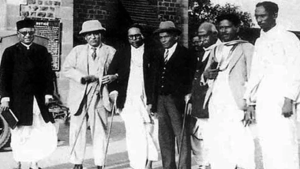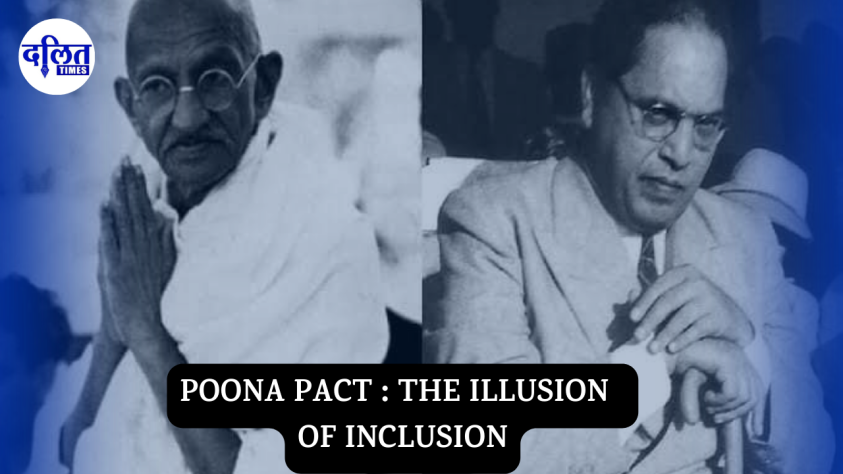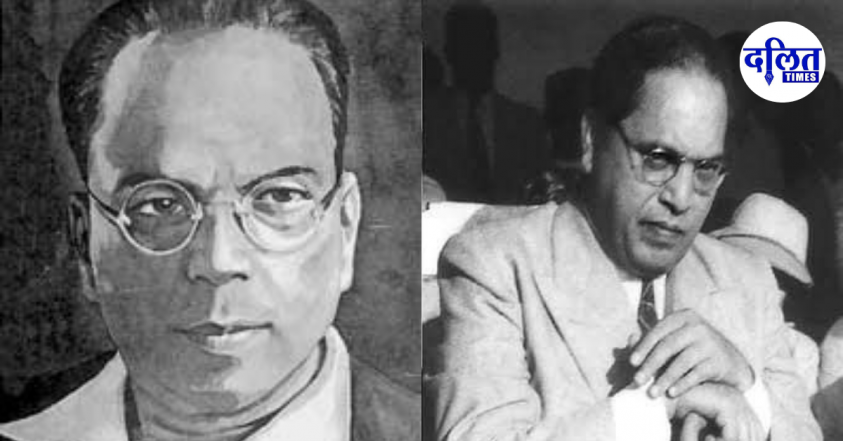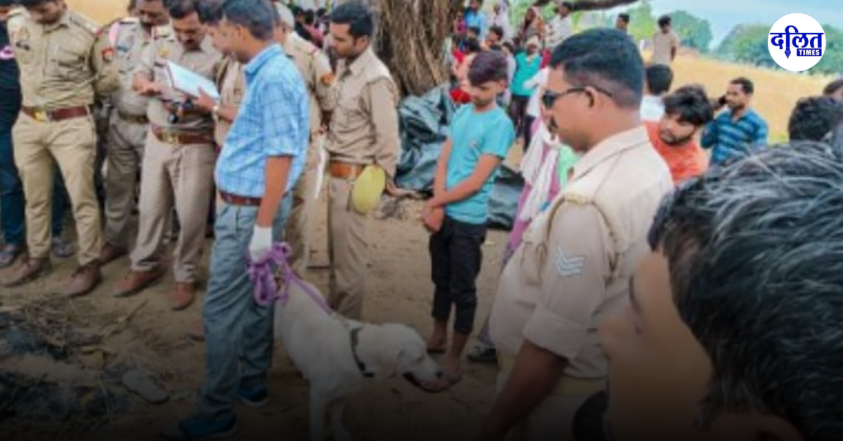24th September is considered a black day for Dalits and tribals. This is because on this day i.e. 24 September 1932, Mahatma Gandhi and Baba Saheb Ambedkar had signed such an agreement in Yerwada Jail, Pune. Which is known as Poona Pact. Due to this the political rights of the untouchables were snatched away. Although Baba Saheb Ambedkar did not want this. He wanted to give social, educational and political rights to the untouchables of this country. He wanted that after independence the hands and feet of the untouchables (Scheduled Caste/Tribe) should not be tied. But Mahatma Gandhi agreed to something else..
read this article on Poona Pact
Also Read : The Enduring Legacy: Dr. Ambedkar’s Letter to Pandit Nehru and the Spread of Buddhism
The date was September 16, 1932, a day etched in the annals of India’s struggle for independence. In the corridors of Yerwada Jail, Gandhi, with his customary simplicity and an unwavering resolve, took a step that would send shockwaves across the nation. He embarked on a hunger strike, an act of protest against the British colonial administration’s decision to grant separate electorates to various religious and caste groups, including the Dalits.

Also Read : Savitribai Phule’s Contribution towards Gender Equality
The Communal Award was a proposal by the British Prime Minister Ramsay MacDonald and his government, an attempt to acknowledge the diversity of India’s religious and caste tapestry. At the heart of these awards lay the notion of separate electorates, affording various religious and caste groups the liberty to cast their votes independently for candidates from their own communities. For Dalits, this presented a glimmer of hope – a dedicated political representation, an escape from the cruel shackles of untouchability.
Also Read : Mahatma Jyoti Rao Phule – ‘Takat vicharo me honi chahiye’
Mohandas Karamchand Gandhi, while a staunch advocate for civil liberties, found himself at odds with the separate electorates for Dalits. He feared that such a provision would further fracture Hindu society along caste lines, jeopardizing the unity of the broader freedom movement. His apprehensions ran deep, prompting him to embark on a dramatic hunger strike – an act that would seize the nation’s consciousness and beckon the world’s attention.

Also Read : Nalanda Academy: Towards Educational Revolution
Gandhi’s position, which eventually culminated in the Poona Pact and the allocation of reserved seats for Dalits within the general electorate, has often been perceived as a double-edged sword from a subaltern perspective. While on the surface, it seemed like a step towards political inclusion, the reality was more complex and nuanced for the marginalized Dalit community.
Also Read : Former VHP Leader Arrested For Derogatory Remarks About BR Ambedkar
The Illusion of Inclusion:
From a subaltern lens, the reserved seats were, in many ways, an illusion of inclusion. They gave the impression that Dalits were gaining political representation, yet this representation remained firmly within the control and influence of upper-caste leaders. Dalits were effectively tethered to the very power structures that had historically oppressed them.
Also Read : IIT-Delhi Dalit Student Anil kumar Suicide Sparks Outrage
Dependency on Upper-Caste Leadership:
Reserved seats, while providing a nominal space for Dalits in the political arena, also created a dependency on upper-caste leaders. Dalit representatives in these reserved seats often found themselves beholden to the whims and agendas of their upper-caste counterparts, eroding the notion of true political autonomy.
https://x.com/dalittimeseng/status/1702924596427555098?s=20
Also Read : Meira Kumar: The First Dalit Woman Speaker of Lok Sabha
Dilution of Dalit Agency:
The subaltern perspective underscores how the Poona Pact and reserved seats diluted the agency of Dalits in shaping their own political destiny. Rather than empowering them to chart their course independently, it perpetuated a system where they were forced to seek approval and support from the dominant caste leaders.
Also Read : The Enduring Legacy: Dr. Ambedkar’s Letter to Pandit Nehru and the Spread of Buddhism
A Tug of War for Subaltern Rights:
From this viewpoint, the struggle for subaltern rights and political autonomy continues. While reserved seats may have represented a tactical compromise in the larger fight for social justice, they serve as a stark reminder that the subaltern communities must still grapple with the legacy of hierarchical power structures that persist in post-independence India.
In essence, the Poona Pact and the reserved seats, while appearing to address the subaltern’s political needs, raised critical questions about genuine empowerment and the ongoing struggle for autonomy within a complex and deeply entrenched caste-based political system.



